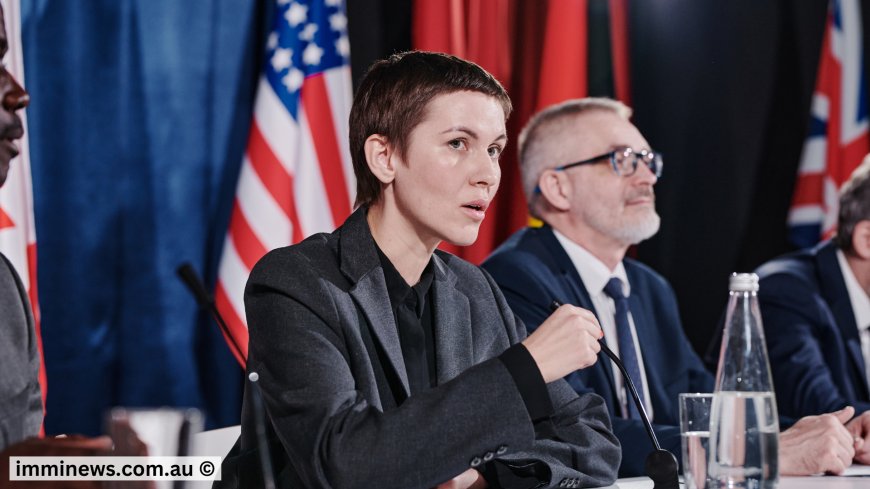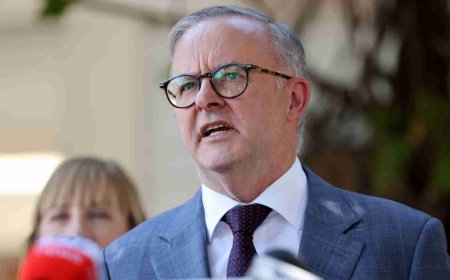Is Australia’s International Student Cap Doomed? The Political Fight Unfolds
Australia's plan to cap international students at 270,000 by 2025 faces strong opposition in parliament. Immigration, housing, and education policy remain in limbo.

Australia’s plan to cap international student numbers at 270,000 annually by 2025 is likely to be blocked in parliament. Opposition parties, including the center-right Liberal-National coalition and the Greens, have voiced their objections to the proposed laws, leaving the center-left Labor government without the necessary support in the Australian Senate.
The legislation, aimed at addressing a surge in immigration and an ongoing housing crisis, was scheduled for debate during the final parliamentary sitting period of the year. Despite previous calls from opposition leaders to reduce migration, the proposal has been criticized as ineffective and poorly structured.
Opposition Concerns
Critics of the bill argue it fails to address the root causes of Australia’s migration challenges. The education spokesperson for the Liberal-National coalition labeled the plan “chaotic and confusing,” highlighting a lack of confidence in the government’s ability to manage immigration effectively.
“We cannot support measures that will only worsen the crisis of the government’s making,” stated the spokesperson. “Their track record shows they are ill-equipped to resolve the immigration issues Australia is facing.”
Broader Political Implications
The rejection of the proposed cap reflects a broader political divide on immigration and housing policy. Opposition Leader Peter Dutton previously suggested limiting net international migration, including students, to 160,000 annually, although no detailed strategy was provided.
Education Minister Jason Clare criticized the opposition’s stance, stating, “You can’t talk tough on immigration and then vote against measures to limit the number of people entering the country.”
Universities Push Back
Universities Australia, the representative body for the nation’s higher education sector, also weighed in on the debate. Chief Executive Officer Luke Sheehy called the move to block the legislation “a distraction from real solutions.” He emphasized the importance of international students to Australia’s university system and urged policymakers to focus on long-term investments in the sector.
“Both sides need to prioritize sustainable growth in our world-class university sector, which heavily relies on international student revenue,” Sheehy said.
Conclusion
The future of Australia’s international student cap remains uncertain, as political disagreements overshadow efforts to address the interconnected challenges of immigration and housing. With a federal election looming, the debate highlights the complex balancing act between population management and economic growth.
What's Your Reaction?
 Like
0
Like
0
 Dislike
0
Dislike
0
 Love
0
Love
0
 Funny
0
Funny
0
 Angry
0
Angry
0
 Sad
0
Sad
0
 Wow
0
Wow
0







































































































